Over the past decades, high fructose corn syrup has emerged as a better alternative to sugar. It’s found in thousands of foods, from cereals and fruit juices to low-carb chocolate and protein bars.
The Truth about Dairy: Separating Myth from Fact

The Truth about Dairy: Separating Myth from Fact
Nobody can deny that drinking a glass of warm milk simply feels good! Not to mention specialties like cream cheese and Greek yogurt, which delight our senses. The question is: how healthy are these foods?
Some experts say that they help build strong bones, reduce heart disease risk, and boost immunity. Others claim that the human body lacks the enzymes needed to process these foods, and that we should avoid them at all costs. The scientific evidence is mixed, leaving us confused.
Health Concerns about Dairy Foods
Most people, including vegetarians, consume dairy foods to meet their daily calcium intake. However, several studies conducted over the years show that dairy products actually deplete calcium from our bones. Furthermore, they don’t improve bone density as it was once thought. There are many foods other than dairy that contain calcium.
Another concern is the chemical makeup of milk. Since it comes from impregnated cows, it’s rich in bovine growth hormone, which has been linked to acne and other skin disorders. On top of that, this hormone has no benefits for humans.
Research also indicates that populations with a high dairy intake have increased rates of ovarian and prostate cancer. Other studies have linked milk and dairy to diabetes, multiple sclerosis, atherosclerosis, and inflammatory disorders. It appears that casein, the protein in milk, is responsible for these side effects.
Should You Stop Eating Dairy?
Considering these findings, it’s fair to assume that dairy products are anything but healthy. Even though they do contain protein and other nutrients, you can obtain them from better sources. Almond and coconut milk, tofu, legumes, edamame, and leafy greens are just a few to mention.
Remember that we are the only species that consumes milk from other mammals. Our hunter-gatherer ancestors have survived for thousands of years without touching dairy. The human body doesn’t need milk and its deviates to function at its peak. Additionally, over 75 percent of people worldwide are lactose intolerant.
If you can’t give up dairy foods completely, keep them to a minimum. Drinking a glass of milk or eating cheese once a week or so is unlikely to cause any harm. Ideally, choose organic brands to limit your intake of antibiotics and growth hormones.









No comments yet.